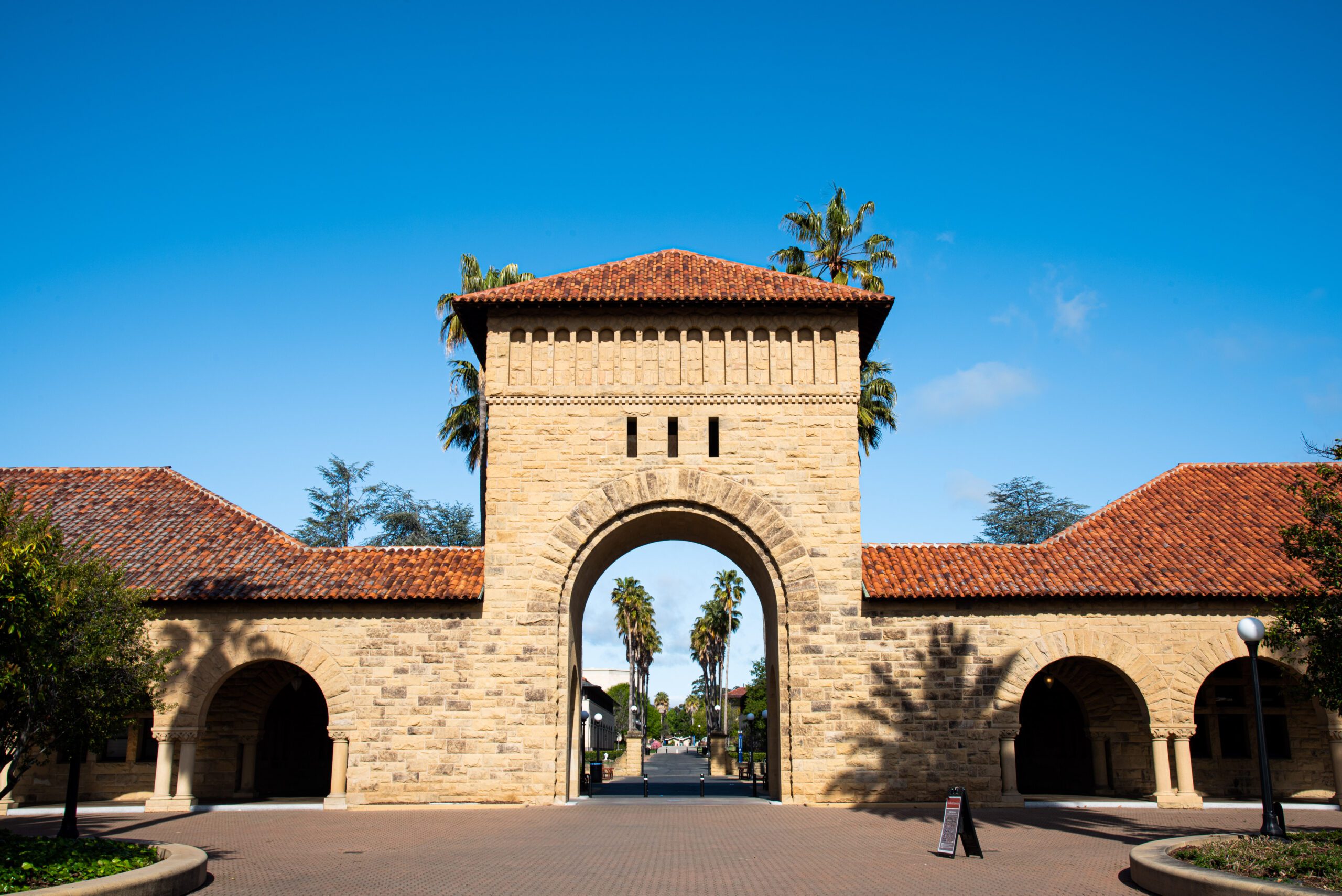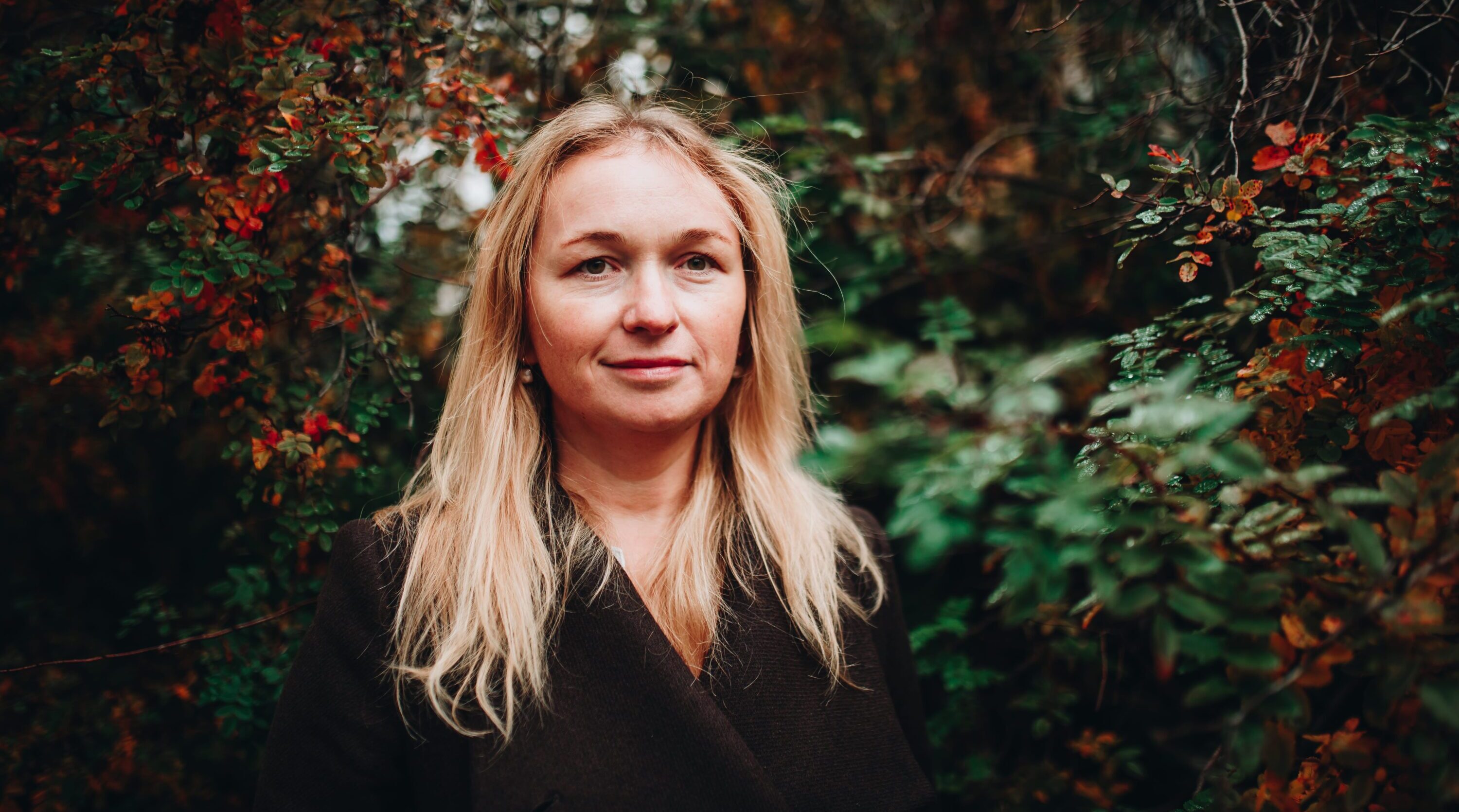Kairi Talves:
The main aim of my fellowship at Stanford University (February-May 2024) was to support my research about the role of technology in strengthening national security and resilience in small countries. In today’s security environment, the impact of science and technology on gaining security and resilience is more critical than ever. This is especially important for countries like Estonia and other Baltic States that are on the ‘front line’ in terms of their geopolitical location. The purpose of my research trip was twofold: on the one hand, to have prominent academic discussions with the scholars of Stanford University and other research institutes. On the other hand, I expected to extend the network for future cooperation in the research of technology and security in Estonia and the Baltic States. Both aims were fulfilled. I had enriching discussions with many scholars at Stanford, naming a few of them: Bradley Boyd, Jerry Kaplan, Andrew Grotto, Nathaniel Persily, Jeffrey Hancock, Amy Zegert, and Amir Weiner. Quite many of these interactions have the potential for future cooperation, from which the most concrete projects are described below.
Stanford University offered a vigorous atmosphere for both research and study. I gained useful input from meetings and seminars at several research institutions: the Center for International Security and Cooperation and the Cyber Policy Center in FSI, the Center for Russian, East European, and Eurasian Studies, Hoover Institutions, and Stanford Law School. I am grateful to the Stanford Libraries for offering the office space and the collection of books that I have not found elsewhere (amazingly, also the newest ones about AI and tech!). I participated in more than 20 seminars of guest lectures and regular courses of Stanford University. I picked these courses considering my interests in AI, the interdisciplinary effects of technologies, and the impact of emerging technologies in society and policy. The courses included: AI, Autonomy, and Future Warfare (by Bradley Boyd), Human versus Machine: Artificial Intelligence through the Lens of Human Cognition (by Christina Chick), Trust, Truth, and Tech (by Jeffrey Hancock), AI for Social Good (by Chris Piech), and Techniques of Failure Analysis (by Abid Kemal). I am immensely thankful to the lecturers for accepting me for auditing in the class.
The main results of my fellowship:
- Co-edited the monograph “Artificial Intelligence in Military Technology: Sociological, Cultural, and Ethical Perspectives.” The aim of the book is to offer a multidisciplinary, differentiated, informed, and open approach to AI applications in the public, in politics, and in the military. Springer Nature has approved the book for publishing at the beginning of 2025.
- Delivered a public lecture on 25.04.2024 under the framework of the Program on Geopolitics, Technology, and Governance, titled „The role of technology in the security and resilience of small states: the example of Estonia”.
- I wrote three manuscripts to be published in the peer-reviewed volumes:
- Fear of the Robots: Cultural Perspectives on Technological Autonomy (co-author from the Berlin School of Economics and Law, to be published in the abovementioned monograph).
- Acceptance model of artificially intelligent military technologies in the small country context (co-authors from the Estonian Military Academy, to be published in the abovementioned monograph).
- The role of technology in the security and resilience of small states: the example of Estonia (to be published in a peer-reviewed journal, currently under review).
- The future cooperation with Stanford University in a research project called “Future of Decision Making” aims to study how AI will affect human decision-making systems, identify opportunities and risks of integrating emerging technology into human decision-making, and suggest how human organizations and processes can evolve to achieve the best outcomes.
- The initiation of the new research project in Estonia about cognitive warfare. Cognitive warfare is becoming increasingly widespread and easily conducted in the context of growing technological saturation. We have had preliminary discussions about the inclusion of Stanford researcher into the research group.
- Possible future cooperation in the framework of the Estonian and Baltic Studies Programme through the exchange of scholars and students between Stanford and Estonia. For example, in cooperation of Estonian Ministry of Defence and Estonian Military Academy we can offer the program and briefings on certain topics of defense and security for the Stanford students’ during the Global Studies Internship Programme. The list of possible topics is sent to Vabamu and Stanford. We have also discussed inviting Stanford scholars and experts to Estonia as speakers at specific conferences or workshops on defense innovation, international policy and technology.
Acknowledgements
First and foremost, I would like to thank the Kistler-Ritso Foundation, Vabamu, and Kadri Paju for the opportunity to visit Stanford and for their support during the whole process. A similar big thanks goes to Stanford Libraries and Liisi Esse, who did everything to make my first weeks as easy as possible and so wonderfully holds the community of Estonians in Standord. I am going to miss our regular meetings in Coupa. And of course, Michael Keller, it was so nice to meet you! Thank you for the hint about the Silicon Valley collection in the library and for being such a great friend of Estonia and the Baltic States and supporting the program. Thank you! Also, Andy Grotto, thank you so much for hosting my stay, supervising my topic, and for your suggestions about scholars whom to meet at Stanford. Many of them were a real jackpot for my research!


 Back
Back